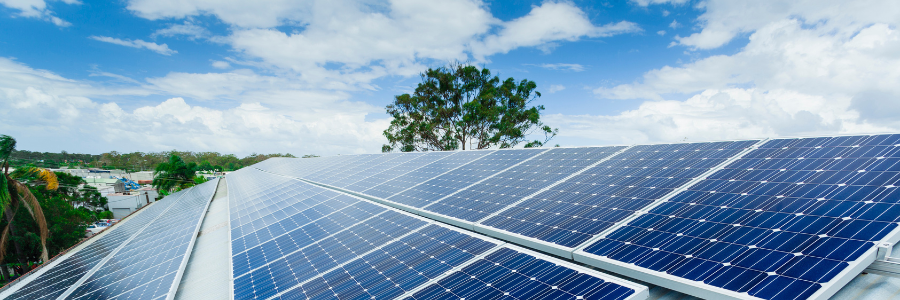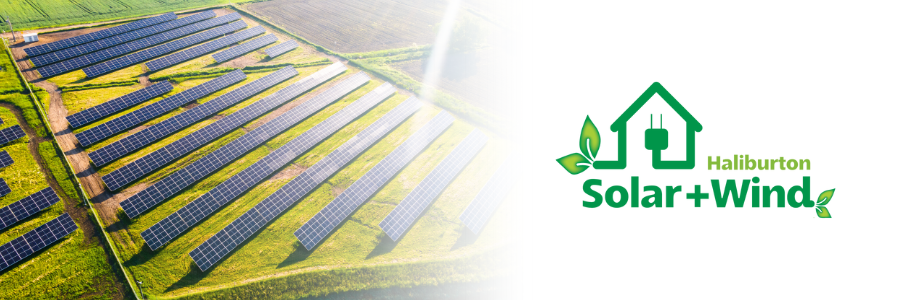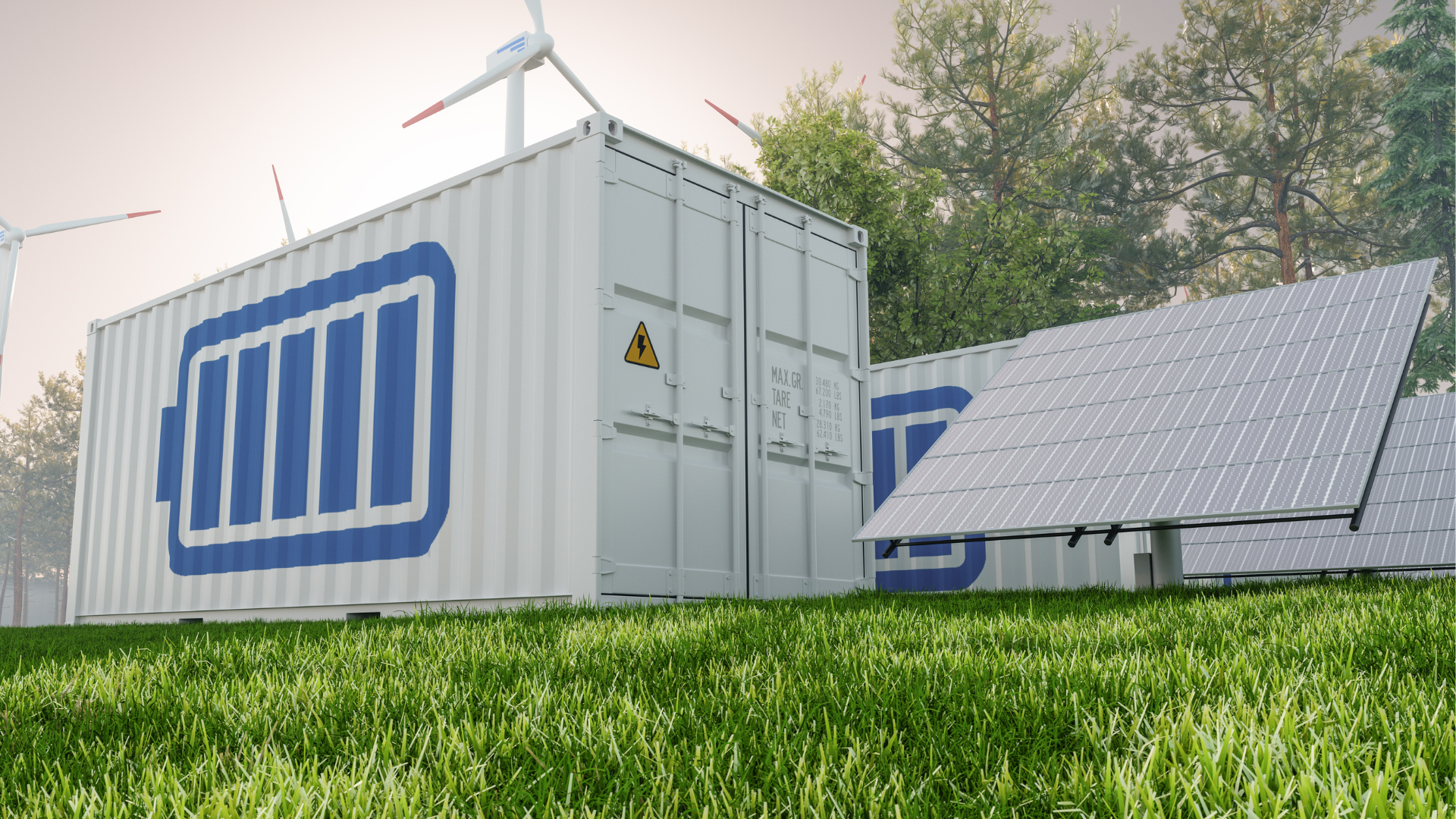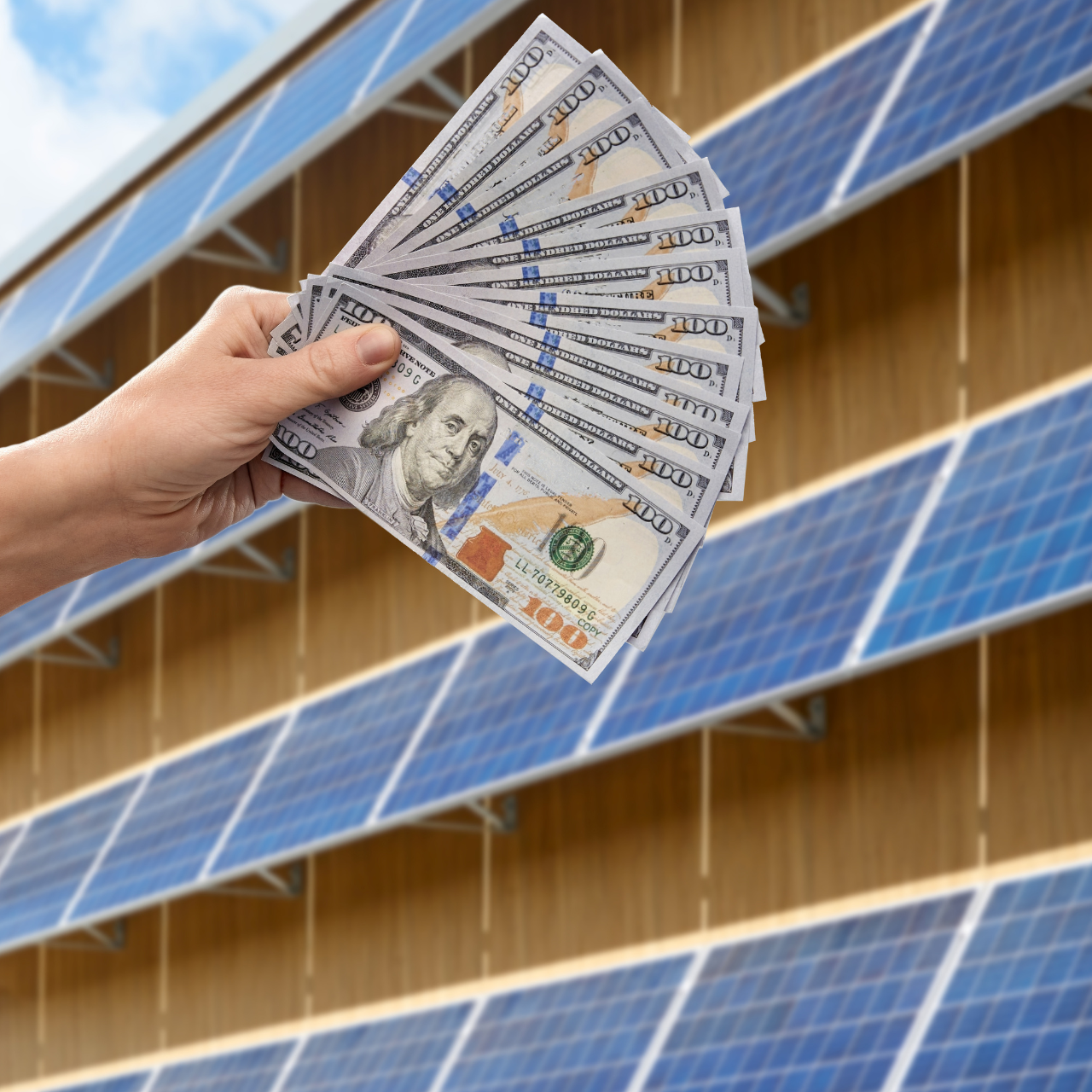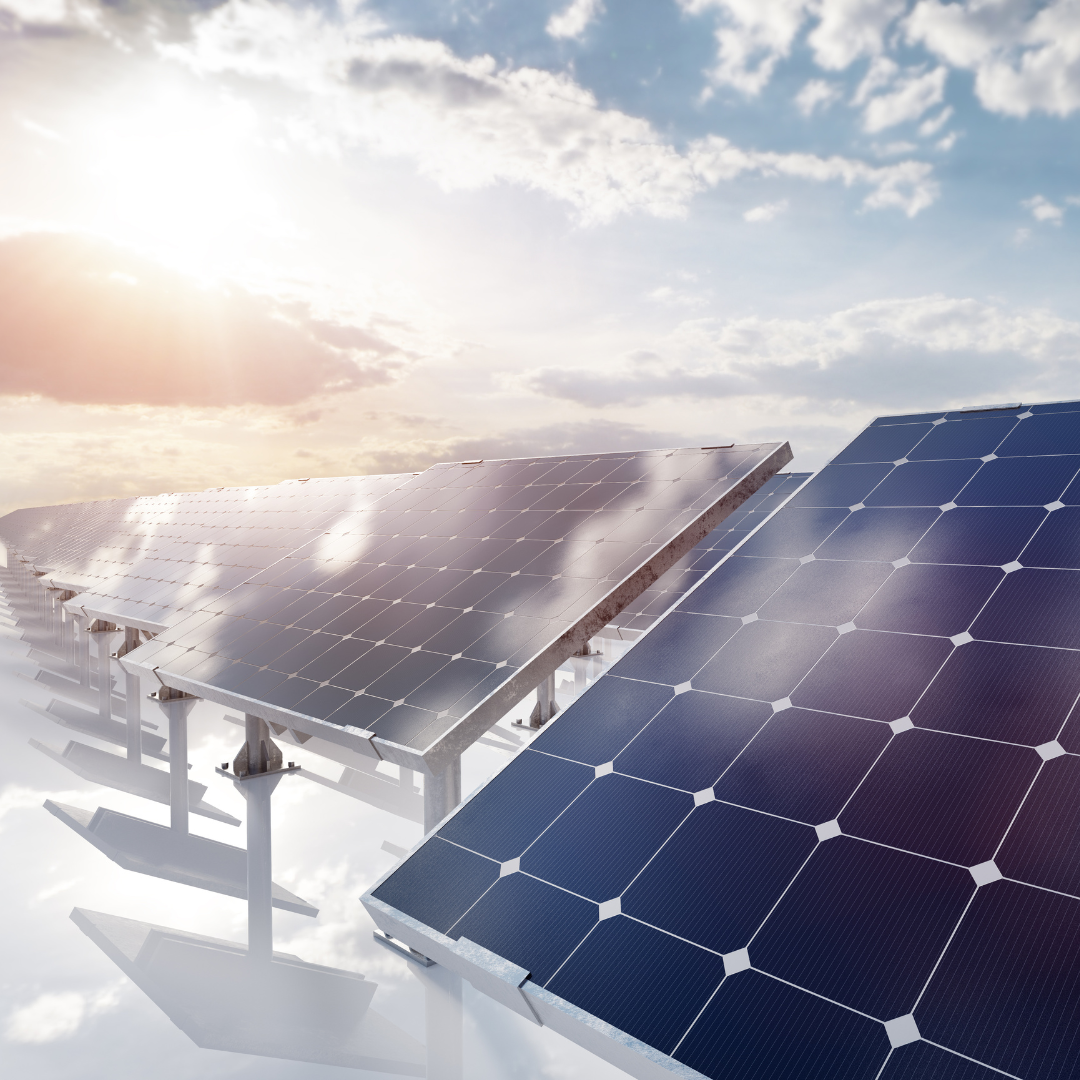Maximizing the Benefits of Storing Solar Energy
The demand for solar energy has been increasing rapidly as more people recognize its environmental and cost-saving benefits. However, one of the challenges of solar energy is its intermittent nature, as it is only available when the sun is shining. To overcome this limitation, storing solar energy has become crucial. In this article, we will explore the benefits of storing solar energy, different types of solar energy storage systems, and factors to consider when choosing a storage system.
Key Takeaways
- Storing solar energy helps reduce electricity costs.
- Solar energy storage provides energy independence.
- Storing solar energy contributes to environmental sustainability.
- Battery storage systems are a popular choice for solar energy storage.
- Factors to consider when choosing a solar energy storage system include capacity, efficiency, and lifecycle cost.
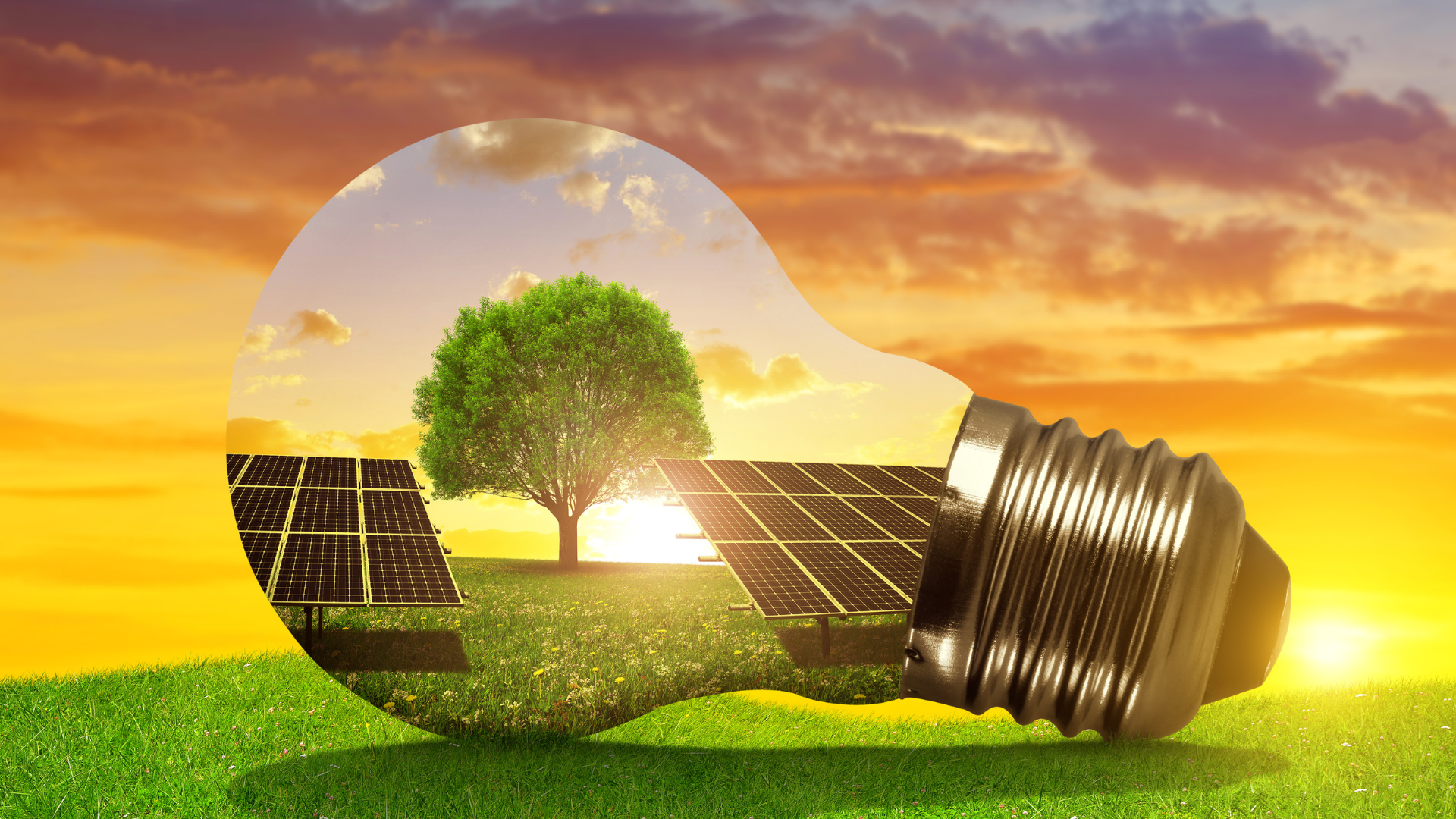
Benefits of Storing Solar Energy
Reduction in Electricity Costs
One of the key benefits of storing solar energy is the significant reduction in electricity costs. By utilizing automated solar cells and off grid solar systems, homeowners and businesses can generate their own electricity and store any excess energy for later use. This allows them to rely less on the grid and avoid high electricity rates during peak hours. In addition, the use of battery storage systems enables users to store excess energy generated during the day and use it during the night, further reducing the reliance on the grid. This not only leads to cost savings but also provides greater energy independence and resilience.
Energy Independence
Energy independence is a key benefit of storing solar energy. By utilizing
automated solar cells and
off-grid solar systems, individuals and communities can reduce their reliance on traditional power grids. This not only provides a sense of self-sufficiency, but also ensures a continuous power supply even during grid outages. Additionally, energy independence allows for greater flexibility in managing electricity usage and can contribute to a more sustainable and resilient energy infrastructure. To illustrate the importance of energy independence, consider the following table:
| Energy Source | Dependence on Grid | Energy Independence |
|---|---|---|
| Fossil Fuels | High | Low |
| Solar Energy | Low | High |
Furthermore, energy independence enables individuals and communities to make a positive impact on the environment by reducing carbon emissions and promoting a cleaner energy future. As the demand for renewable energy continues to grow, the role of solar energy storage in achieving energy independence becomes increasingly crucial. In the words of a renowned environmentalist, 'Energy independence is not just a personal goal, but a collective responsibility towards a sustainable future.'
Environmental Sustainability
When it comes to storing solar energy,
environmental sustainability is a key consideration. By utilizing automated solar cells and off-grid solar systems, we can reduce our reliance on fossil fuels and decrease greenhouse gas emissions. This not only helps combat climate change, but also promotes a cleaner and healthier environment for future generations. Additionally, solar energy storage systems contribute to the overall sustainability of the energy grid by allowing for a more efficient use of renewable resources.
In fact, a recent study found that solar energy storage systems can increase the overall efficiency of a solar power plant by up to 50%. To further highlight the importance of environmental sustainability in solar energy storage, let's take a look at the following table that compares the environmental impact of different storage systems:
| Storage System | Environmental Impact |
|---|---|
| Battery Storage | Low |
| Pumped Hydro Storage | Medium |
| Thermal Energy Storage | High |
Types of Solar Energy Storage Systems
Battery Storage Systems
Battery storage systems are one of the most popular and widely used methods for storing solar energy. These systems utilize
automated solar cells to convert sunlight into electricity, which is then stored in batteries for later use. They are especially beneficial for
off-grid solar installations, where there is no access to the main power grid. One advantage of battery storage systems is their ability to provide a continuous power supply even during periods of low sunlight or at night. Additionally, they offer the flexibility to store excess energy generated during the day for use during peak demand hours. However, it is important to consider factors such as capacity and power rating, efficiency and round-trip efficiency, as well as lifecycle cost and warranty when choosing a battery storage system. Table 1 provides a comparison of different battery storage systems based on these factors.
| System | Capacity and Power Rating | Efficiency and Round-Trip Efficiency | Lifecycle Cost and Warranty |
|---|---|---|---|
| System A | High | High | Affordable with 5-year warranty |
| System B | Medium | Medium | Moderate with 10-year warranty |
| System C | Low | Low | Expensive with 15-year warranty |
Battery storage systems are an essential component of a sustainable and reliable solar energy system. They not only help reduce electricity costs but also contribute to energy independence and environmental sustainability. Investing in a high-quality battery storage system is crucial for maximizing the benefits of solar energy and ensuring long-term reliability.
Pumped Hydro Storage
Pumped hydro storage is a popular method of storing solar energy. It involves using excess solar power to pump water from a lower reservoir to a higher reservoir, and then releasing the water to generate electricity when needed. This method offers several advantages, including
high efficiency and
long lifespan. It also provides
grid stability and can be used in combination with other energy storage systems. However, pumped hydro storage requires specific geographical conditions and can be expensive to implement.
Automated solar cells and
off-grid solar systems can complement pumped hydro storage by providing additional energy sources and reducing reliance on the grid.
| Advantages | Disadvantages |
|---|---|
| High efficiency | Geographical limitations |
| Long lifespan | High implementation cost |
| Grid stability | Environmental impact |
Pumped hydro storage is a proven technology that has been used for many years to store solar energy. Its ability to provide reliable and sustainable power makes it an attractive option for renewable energy storage.
Thermal Energy Storage
Thermal energy storage is another type of solar energy storage system that uses the heat generated by automated solar cells to store energy for later use. This method is particularly useful for off grid solar systems, where there is no access to the electrical grid. One popular method of thermal energy storage is using molten salt as the storage medium. The heat from the solar panels is used to heat the salt, which can then be used to generate electricity when needed. Thermal energy storage systems offer several advantages, including high efficiency and the ability to store energy for long periods of time. However, they also require careful design and maintenance to ensure optimal performance. It is important to consider factors such as capacity and power rating, efficiency and round-trip efficiency, and lifecycle cost and warranty when choosing a thermal energy storage system. Table 1 provides a comparison of different types of solar energy storage systems, including battery storage systems, pumped hydro storage, and thermal energy storage. In conclusion, thermal energy storage is a promising technology for storing solar energy and can play a crucial role in achieving energy independence and environmental sustainability.
"Thermal energy storage systems offer a reliable and efficient way to store solar energy and can help reduce electricity costs."
Factors to Consider when Choosing a Solar Energy Storage System
Capacity and Power Rating
When choosing a solar energy storage system, it is important to consider the
capacity and power rating. The capacity refers to the amount of energy that can be stored by the system, while the power rating indicates how quickly the system can deliver that energy.
Automated solar cells and
off grid solar systems require a storage system with sufficient capacity and power rating to meet their energy needs. It is recommended to assess the energy requirements and usage patterns to determine the appropriate capacity and power rating for the system. Additionally, considering the round-trip efficiency and lifecycle cost can help in making an informed decision. The following table provides a comparison of different solar energy storage systems:
| Storage System | Capacity (kWh) | Power Rating (kW) | Efficiency | Round-Trip Efficiency |
|---|---|---|---|---|
| Battery Storage Systems | 10 - 100 | 1 - 10 | High | 80 - 90% |
| Pumped Hydro Storage | 100 - 1000 | 10 - 100 | Medium | 70 - 80% |
| Thermal Energy Storage | 1000 - 10000 | 100 - 1000 | Low | 60 - 70% |
It is important to carefully consider the capacity and power rating of the solar energy storage system to ensure it meets the energy requirements and usage patterns of the automated solar cells and off grid solar systems.
Efficiency and Round-Trip Efficiency
When choosing a solar energy storage system, it is important to consider the
efficiency and
round-trip efficiency. The efficiency of a system determines how effectively it can convert and store solar energy. Higher efficiency means that more energy is retained and less is lost in the process. Additionally, the round-trip efficiency refers to the efficiency of storing and retrieving energy from the system. A higher round-trip efficiency ensures that the stored energy can be effectively utilized when needed. It is recommended to select a storage system with high efficiency and round-trip efficiency to maximize the benefits of
automated solar cells and
off-grid solar. In terms of efficiency, it is important to note that different storage systems have varying levels of efficiency. For example, battery storage systems generally have higher efficiency compared to pumped hydro storage or thermal energy storage. Therefore, it is crucial to evaluate the efficiency and round-trip efficiency of different storage systems before making a decision.
| Factors to Consider | Description |
|---|---|
| Capacity and Power Rating | Determines the amount of energy that can be stored and the rate at which it can be delivered |
| Efficiency and Round-Trip Efficiency | Determines the effectiveness of converting and storing energy, as well as retrieving it |
| Lifecycle Cost and Warranty | Considers the overall cost of the system over its lifetime and the warranty provided |
Choosing a solar energy storage system with high efficiency and round-trip efficiency is essential for maximizing the benefits of automated solar cells and off-grid solar.
Lifecycle Cost and Warranty
When choosing a solar energy storage system, it is important to consider the
lifecycle cost and
warranty. The lifecycle cost includes the initial investment, maintenance costs, and replacement costs over the system's lifetime. It is crucial to choose a system with a warranty that provides coverage for a reasonable duration. Additionally, considering the
automated solar cells and
off-grid solar capabilities can further enhance the efficiency and reliability of the system. To help you make an informed decision, here is a comparison table highlighting the key features of different solar energy storage systems:
| Storage System | Capacity | Efficiency | Warranty |
|---|---|---|---|
| Battery Storage Systems | High | High | 10 years |
| Pumped Hydro Storage | Very High | Medium | 20 years |
| Thermal Energy Storage | Medium | Low | 15 years |
